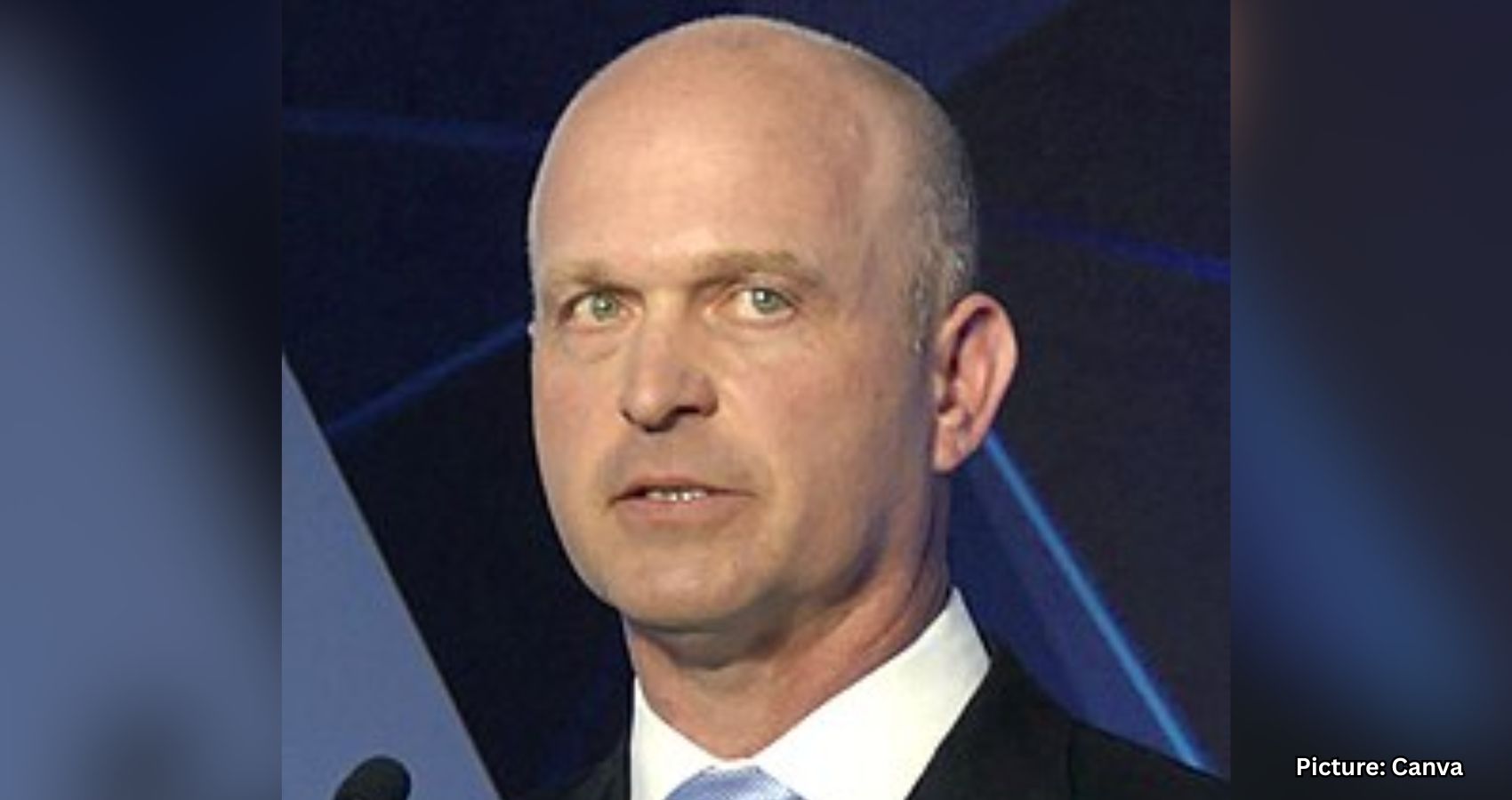The Heritage Foundation’s president, Kevin Roberts, has called for significant reforms to the H-1B visa program, emphasizing the need to prioritize American workers and address systemic issues within the immigration system.
The Heritage Foundation has entered the ongoing debate surrounding the H-1B visa program, advocating for comprehensive reforms to the United States’ skilled immigration system. In a recent post on X, the think tank’s president, Kevin Roberts, urged lawmakers and the administration to tighten and overhaul existing visa policies.
Roberts highlighted the issues plaguing the H-1B visa process, stating, “Fraud, nepotism, and corruption affect every stage of the H-1B visa process. The program cannot go on in its current form. Putting American workers first is necessary to make the American Dream attainable again.”
The Heritage Foundation’s initial statement pointed out that the H-1B visa was established over 30 years ago to address a perceived temporary labor shortage. However, the organization argues that the program has expanded beyond its original intent and now requires urgent reform to prioritize American workers.
Adding to the discourse, Indian American scholar Ron Hira, a professor at Howard University and a vocal critic of the H-1B system, participated in a panel discussion titled “How the H-1B Visa Led to Importing Mass Cheap Labor,” hosted by The Heritage Foundation. Hira remarked on the historical context of the program, noting, “Back then, 20 years ago, it was obvious that H-1B visa abuse was critical in speeding up the offshoring of these jobs. Yet for the past 20 years, Washington has turned a blind eye to this abuse.”
The conversation around H-1B visas gained renewed attention following an interview in November with former President Donald Trump on Fox News. During the discussion with host Laura Ingraham, Trump reiterated the necessity of attracting highly skilled professionals from abroad, arguing that the U.S. cannot solely rely on domestic workers to fill specialized roles in sectors such as technology, engineering, and research.
Simon Hankinson, a senior research fellow at The Heritage Foundation’s Border and Immigration Center, contributed to the dialogue with a policy paper outlining proposed changes to the H-1B system. He recommended that lawmakers eliminate current exemptions for universities and nonprofit research institutions, replace the existing lottery-based selection process with a system that prioritizes higher wage offers, and clarify that spouses on H-4 visas should not receive work authorization.
“Rather than this regulatory back and forth swing between administrations, it’s past time for Congress to end not only the numerous types of H-1B abuses, but also the administrative state creations that developed the student-to-H-1B-green-card pipeline that adversely affects American students and employees,” Hankinson stated in his report.
The Heritage Foundation has also provided guidance on potential changes that could be implemented by the Trump administration regarding the H-1B program. The report suggests that the Department of Homeland Security (DHS) should limit the number of H-1B applicants that each company can petition for annually and impose a permanent ban on any company, individual, or entity that knowingly violates immigration law from participating in the H-1B process.
The call for reform reflects a growing concern among some policymakers and scholars about the impact of the H-1B visa program on the American labor market. As discussions continue, the Heritage Foundation’s proposals may shape future legislative efforts aimed at reforming the skilled immigration system.
Source: Original article

